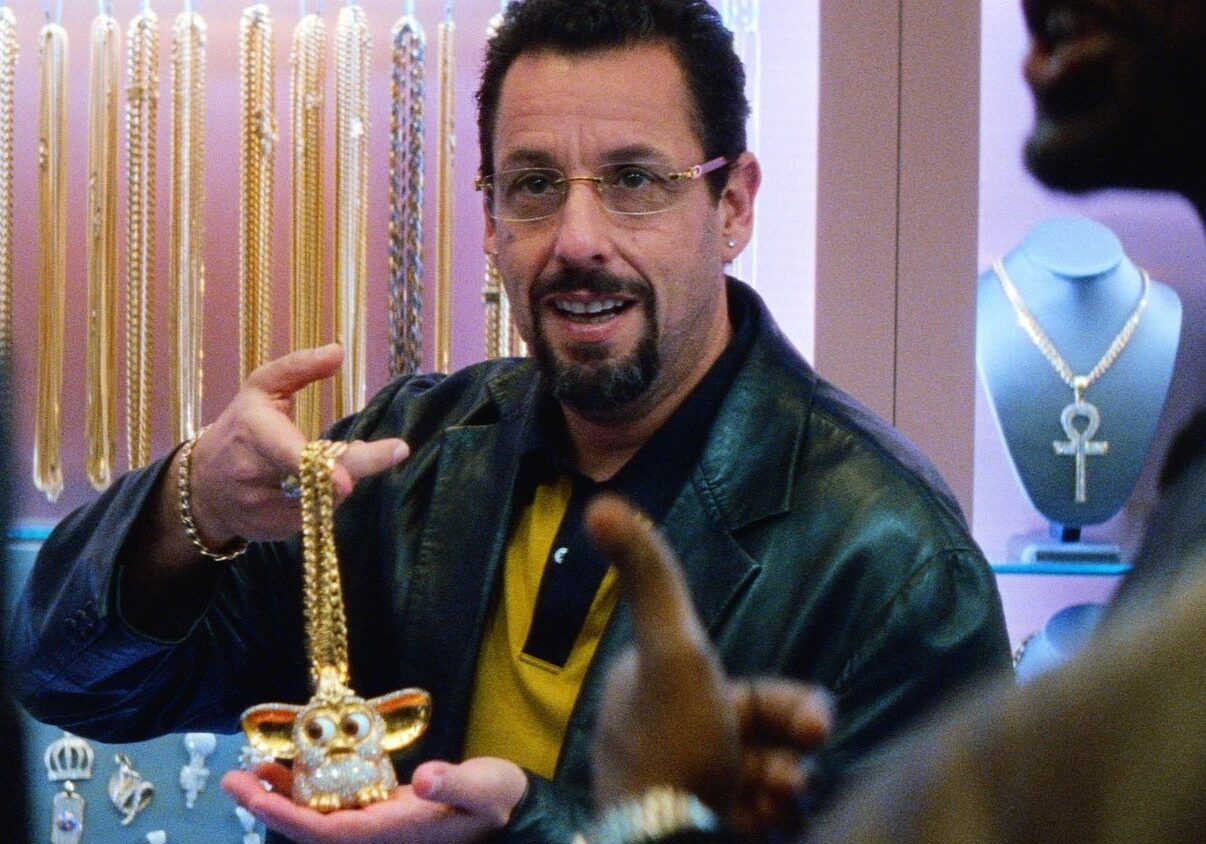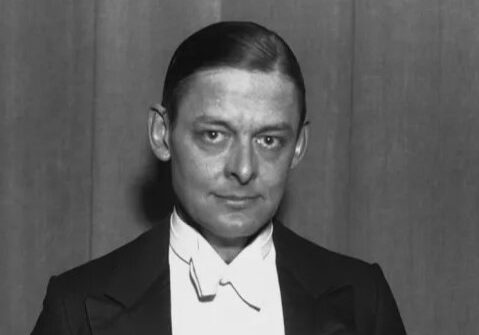Twenty-five years ago I wrote a book called Getting to War. The full title is Getting to War: Predicting International Conflict with Mass Media Indicators, which gives you a sense of what it is - a dense academic book that tenure-track professors publish lest they perish. It's been out of print forever, of course, but I went on Amazon this morning to see if it still had a listing ... LOL. As befits the 5,799,744th best-selling book on Amazon, you can get a Kindle edition for the low, low price of $69.95 (I guess the Univ. of Michigan Press licensed Kindle versions of their back catalog?) and - get this - a used hardcover copy for the low, low, low price of $2,077.36 from some dude in San Marcos, Texas. Honestly, I have questions. Why the 36 cents? Why the additional $5.02 for shipping with a March 10 estimated delivery date? Anyhoo. Please do not buy Getting to War! I'm sure there are tens and tens of academic libraries that have a copy deep in the stacks if you're really desperate to read it, and one of these days I'll rewrite the book as a proper book.
The book deserves a rewrite, because buried within the unreadable academic forms of formal modeling and data appendices are three truths.
Truth #1 - All governments, no matter the country or the type of government or the time period, make an effort to mobilize domestic public opinion before doing something risky like starting a war.
Truth #2 - All efforts to mobilize domestic public opinion, no matter the language or the ethnicity or the culture, share a distinctive and measurable grammatical structure.
Truth #3 - The real world of politics or economics is made up of discrete events, not smooth processes, and these events are decidedly not independent of each other, which means that most models used to predict the political or economic future will be quite wrong in quite predictable ways.
I'm going to save Truth #3 for another day, even though in many respects it's the most important and fundamental of the three. Truth #3 is one of those things where if you know, you know ... but there's a fair amount of exposition required if you're coming at it from a cold start.
But we all get Truths #1 and #2. We all see them happening, right now with the Russian invasion of Ukraine.
And yes, the Russian invasion of Ukraine is happening right now. Or rather, the final go-decision in Moscow to invade Ukraine was made weeks if not months ago. What we are seeing today with the ongoing diplomatic negotiations in Paris and Berlin is part and parcel of that invasion. There's nothing bona fide about the negotiations in the sense that they could result in Russia just bringing the troops home and calling the whole thing off. That cannot happen.
The international "negotiations" are 100% designed for domestic Russian consumption. They are as necessary a part of successfully invading Ukraine as mobilizing troops and tanks.
Russian officials not optimistic but willing to keep communication open after US makes no concessions on Ukraine.
That's how Western media is describing the current state of play in the negotiations, based on the Russian characterization of the talks.
Look at the grammar of the Russian framing!
"not optimistic" ... we were cautiously optimistic coming into this negotiation process, because our position is so obviously just, but our hopes for the West to come to its senses and pursue a path for peace have been cruelly dashed.
"willing to keep communication open" ... a sensible party might well have shut the door on more NATO lies and intransigence, but we want peace so badly that we will go the extra mile and allow our patience to be tested still further.
"US makes no concessions" ... sadly, NATO expansionism and aggression have pushed us into a corner and our backs are against the wall; the only possible path forward is for the US to retreat publicly from its war-mongering policies.










Insightful as always Ben, this helps me understand that geopolitical puzzle
thanks
“Biden suggested that the US might not respond as forcefully to a mild invasion of Ukraine,” Wasn’t that the trail balloon? Easier to walk back the comment and make the correction that we support our allies after the temperature in the room is taken.
Thank you for the insight. I agree with your Kissinger reference but, that opens up a whole other can of what ifs. Would Russia have not invaded Crimea if we adhered to a limited NATO position? Would Putin be satisfied as the premier example of a self important dictator with Russia staying within it’s borders? Would the EU be stable? There are a host of potential domestic narrative possibilities on all fronts with this.
Alas, we are where we are. So, the question is how do we limit the damage for the future?
As somewhat of a Trekie, I’m fond of Captain Kirk’s management of the Kobayashi Maru test. He changed the program (or if you will, the narrative). I wonder if Europe and the US have the long term stomach to impose real financial solutions to Russia’s aggression and, if so, do we/they have the ability/foresight to create a different narrative outcome? That leaves one other question. What should the outcome be?
Ah, if life could just be black and white… wait, is that racist…
Thanks Ben, great as always! I think Putin has fallen into a trap here. This is not good news for the average Russian soldier or the average Ukrainian solider/civilian, alas.
Biden’s press conference moment of saying “well, maybe a wee bit off the Eastern part would be ok” was a bit of a “hot mic” moment. Not in the sense of calling a Fox News reporter a nasty name not realizing he’d been heard but in the sense of man used to discussing matters well above everyone else’s pay grade. You forget a bit what you sound like when you talk “inside baseball” all the time.
NATO wants an old-school, Soviet-era proxy war as a solution for Putin. And that’s perfect, as Putin wishes to be the Sectretary General the Soviets never had, but while keeping the billion$, thanks. It will be a slow grinder affair that after a month rarely makes the front page of anything or the first block of Fareed Zakaria GPS, but that features a lot of smouldering Russian equipment and weeping mothers in Moscow. And it doesn’t want NATO soldiers involved unless they’re riding white tanks and handing out candy to kids who will run out to greet them.
Ukraine is bordered by 4 Nato members, connected seamlessly to the rest of mainland European NATO by the frictionless-ish highways of the EU. In short, I don’t need to Berlin-Airlift anything in, or wait for container ships. I can send things across the border 24/7. As an ex-army logistics guy, I wish it were always that easy.
As you point out, the invasion die is cast. Perhaps Putin was looking for an off-ramp that Biden would help build, he’s always been a high risk gambler who almost always wins. And given the leeway he had with messaging with Trump, I can’t blame him for testing it.
But the narrative has gone in 2 new directions since these “high level meetings.”
I see a lot of “embassy waiting room” press (NYT, FT, etc) doing stories on how shiny the Russian army is now, not like a decade ago. The release of this “revelation” was so targeted and concentrated, well, here’s my golf clap for the team at Edelman or whoever does Putin’s PR work here. Message received, thanks for the big foam “Da!! #1 Army!!” finger, too. In truth, most serious analysis shows just the European component of NATO could overwhelm Russia in a full scale European war, so long as nukes are kept out, of course. It’s mainly just will and math.
Diplomatic slapstick. The “reaction” of NATO members is predictable given their easily seen domestic issues. Germans worried about energy? “Here, Ukraine, you’re cool an’ all but we don’t really wanna get involved. Have 5,000 helmets.” Really? I feel like that was German Chancellor Dom Deluise faking a fainting spell for the jewelry store clerks while smiling, gum chewing NATO Secretary General Burt Reynolds is cleaning out the safe in back. It needed a laugh track. And “NATO in disarray!” always plays well on RT. (Right behind “Is Israel behind NATO’s disarray?” on the top links)
But Russia’s shiny new army will meet NATO’s 10+ years of Afghanistan-driven assymetric warfare “innovation.” The only goal is that it looks ugly in Russia, because the home front is Putin’s achilles heel. Yes, there will be pearls clutched in Prague. Bosoms will heave with sadness in Brussels. Many sweet and sour communiques from the world’s capitals will be issued into the Reuters/Bloomberg void at odd hours. “God, is that IT? Have we heard from EVERYone in NATO now? What’s Trudeau saying? Wait, Canada has 200 special forces in Ukraine? Sorry, 200 “trainers” in Ukraine? When did THAT happen? …6 years ago??..really???”
But aside from those Canadian boots on the ground, NATO soldiers will be safe and mainly not even forward deployed. If I wanted to create a “Putin-killer” scenario, this is what I’d do. Hell, even China has weighed in with “support” for Russia, which looks more like “If this Ukraine concept of vassal state holds, can we talk Taiwan now? We are with you in spirit. Vlad, do you need helmets? I’ll match Germany one for one…”
Like I said, sadly, it will fall heaviest on the average Ukrainian civilian and average Russian front line soldier.
I think it’s important to keep in mind, at this tender juncture in human history, that in 20 years, all these players - Trump, Biden, Putin, Xi, etc etc – will likely be dead, in their beds or otherwise. What will fill the vacuum?
Hello Miss Confirmation Bias, Meet Mister Realism:
I married into a Russian family from Kazakhstan and have spent hundreds of hours reading and studying the history of that fascinating part of the world. My wife’s family joined millions of Russians who were — so to speak — left behind. When the Soviet Union collapsed, and several countries within its former orbit became independent nations, millions of Russian peoples found themselves living in lands no longer run by fellow Russians, or by those ideologically or culturally aligned with them. My wife’s mother remains living in northern Kazakhstan to this day — and, truth be told — she adores the current President of Russia, Vladimir Putin. The reason is simple to grasp: Putin has told those Russians left behind that he will not allow poor treatment of them anywhere within his reach. With media attention now focused on Ukraine, I’ll merely share this bit of realism: In 2014, Russian military forces suddenly occupied the entire peninsula of Crimea, which had been under Ukrainian control. At the time, the demographic makeup of the entire peninsula was 68% Russian and 16% Ukrainian. What Russian leader would ever allow Crimea to remain in a country intentionally attempting to join a powerful military alliance (NATO) that targets Russia as its sole enemy? —Clearly, that is a rhetorical question. Until proven otherwise, I believe if NATO never extends an invitation to Ukraine to join its alliance, Putin will find little motivation to attack; and eastern border areas can come to a negotiated settlement. The Biden Administration is intentionally playing with fire by not confirming that reality. Not long after the collapse of the USSR, Mr. X, George Kennon, told us not to pursue the extension of NATO further toward the Russian border. We were unwise not to listen. We’ll be further unwise to test Putin’s resolve to put an end to NATO expansion at the Polish, Slovakian, and Hungarian borders.
@bhunt, thanks for this. The cartoon at the top, like Gaiman’s Corinthian, will vaguely disturb me for years to come.
Is it possible to use a similar analysis, ie apply your Rules 1 and 2 +/- the Narrative Machine, to discern motives on the American side?
Eg, can we infer by American Powers That Be efforts to mobilize public opinion things like how badly our military industrial complex actually wants a war with Russia or what the Biden administration is actually planning to do?
Or are American motives at this point too diverse to discern much with these methods?
Phenomenal note, Trevor. Thank you!
Oh, for sure!
(and the Corinthian is my fave-in-a-totally-disturbing-way metaverse character, too)
That is what is being forged here. The ideology, the political form of a future set of nations. Whosoever will have the ears of their nation will be talking to people who lived this time. Our feelings about this episode will matter. Our future memories are
a strategic object. Great men have few victories to win in the present, it is legacy that titillates their minds.
Your children will not know how to process todays complex facts without interpretation. A simplistic visual language will be imprinted upon them as they grow.
An mpeg file will hold greater dominion than a trillion in capital.
Everyone on this forum already knows this.
Good point, James. I’m looking to two different eras for guidance on that.
Is it 1938…or 1989?